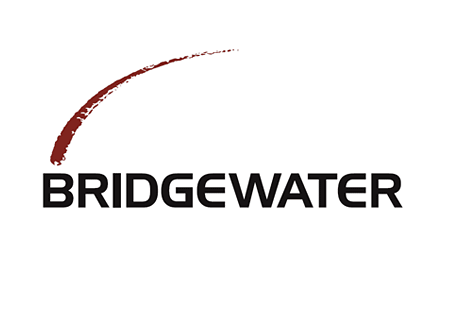Hedge Fund
What is a Hedge Fund?
A hedge fund is a pooled investment structure set up by a money manager or a registered investment advisor and designed to make a return. A hedge fund manager raises money from external investors and invests those funds according to their strategy. These funds may be managed aggressively or may make use of derivatives and leverage to generate higher returns. Since hedge funds generally require less regulation compared to mutual funds or other investment vehicles, they are mostly accessible only to accredited investors. In other words, hedge fund investors have to meet certain net worth requirements.
Compared to mutual funds, hedge funds are generally considered to be more aggressive and risky. Some see hedge fund management teams as resembling traders more than classic investors. In fact, the term 'hedge fund' derives from the use of trading techniques that fund managers are permitted to perform. In keeping with the goal of these investment structures to generate high returns, regardless of whether the stock market climbs higher or declines, managers can hedge themselves by either going long (purchasing the stock) if they anticipate prices to go up or shorting stocks (borrowing shares and selling them immediately to try to make a profit from repurchasing the shares at a lower price) if they anticipate prices to go down.
What are the Different Types of Hedge Funds?
Hedge fund managers often follow a specific strategy when investing their funds. We can categorize different hedge funds based on their strategies. Types of hedge funds include:
-
Long/Short Equity: Take on both long positions and short positions on competing companies in the same industry based on their relative valuations (i.e. betting on industry winners and losers)
-
Arbitrage: Derive returns by exploiting observable price differences between closely-related investments by simultaneously purchasing and selling investments
-
Event-Driven: Attempt to take advantage of temporary stock mispricing, which can occur before or after a corporate event takes place
-
Credit: Make debt investments based on lending inefficiencies. This type of hedge fund tends to follow cyclical patterns and is most active following economic downturns and restrictions in the credit market
-
Global Macro: Make investment decisions based on broad political and economic outlooks of various countries, analyzing how macroeconomic trends will affect interest rates, currencies, commodities, or equities, etc.
-
Quantitative: Rely on mathematical and statistical modeling and other forms of quantitative analyses to observe trends, often leveraging technology to crunch numbers and make automatic trading decisions
Hedge Fund Key Responsibilities & Skills
Working at a hedge fund (within the investment team) generally means performing a lot of quantitative research in order to identify the assets to trade with the fund's money that adhere to the fund's strategy. As an analyst (the most junior role), you may be tasked with researching individual securities, market sectors, macroeconomic trends, or all of the above, depending on your firm's strategy. Some of the key responsibilities and skills to have include:
-
In-Depth Knowledge of Financial Instruments: Facilitate trades in complex products and understanding the factors driving prices and performance
-
Quantitative Skills: Number crunching, statistical analysis, and quantitative modelling, etc.
-
Communication: Meeting with high-net-worth clients to convince them to entrust their money to your firm or to explain complex products and how these products will generate returns
-
Risk Tolerance: Having the courage to invest in risky trading strategies, such as those with a 50% loss potential for a 100% return
Who are the Main Players in the Hedge Fund Industry?

_svg.png)



